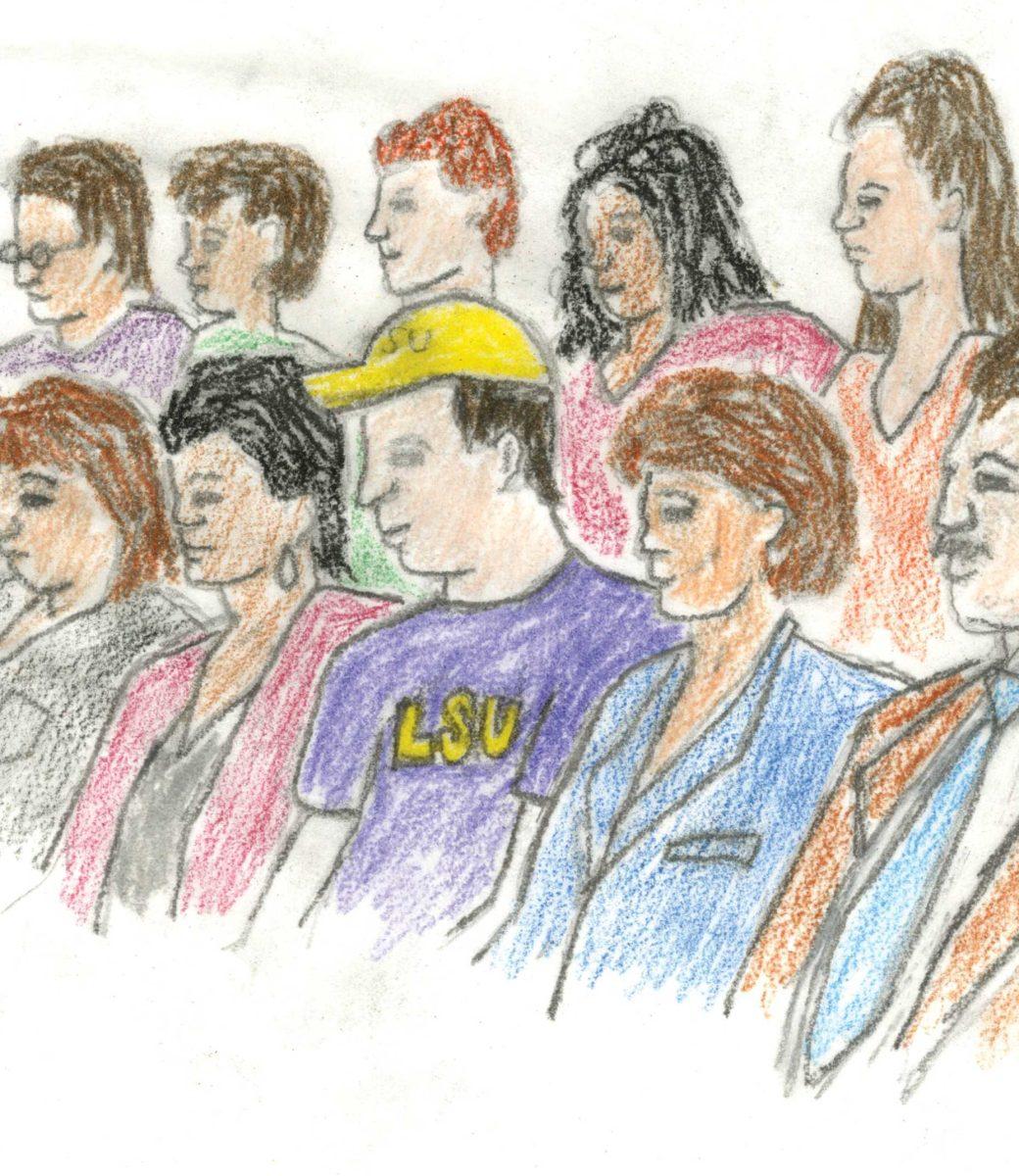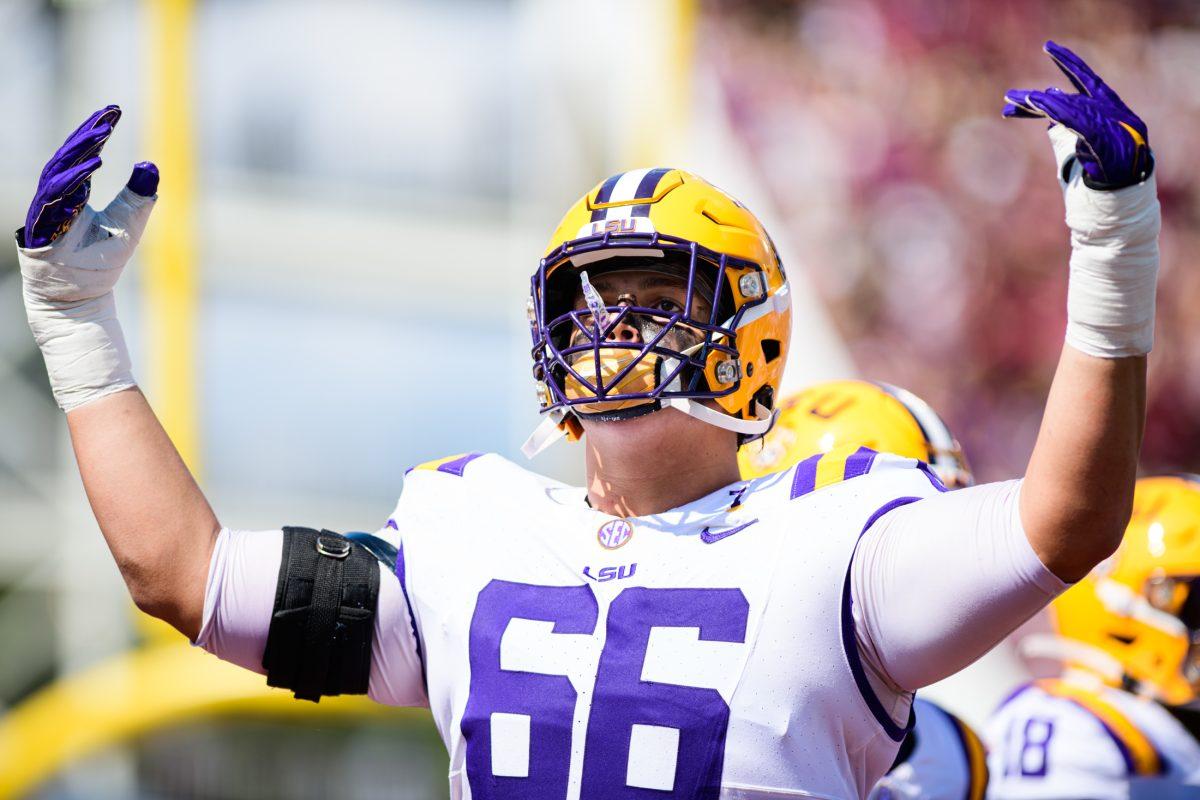Bethany Hawkins is an avid “Law and Order” fan, but she never thought she’d step onto the scene and be a part of a real jury.The U.S District Court division in Baton Rouge summoned Hawkins to jury duty in April 2007, forcing her to miss four days of classes.”I didn’t get out of it,” said Hawkins, mass communication senior. “But I was told since it’s federal court, I couldn’t be excused. This was even after explaining to them I’m paying for college and didn’t want to miss class.”But the U.S. Senate is reviewing a bill that would exempt college students from jury duty. The House of Representatives already passed the bill.House Bill 2045 states any person who’s enrolled in and attends any higher education institution as a full-time student will be exempt from jury duty services.This exemption only applies to jury service during any term of court while classes are in session.The 19th Judicial District Court in Baton Rouge already offers full-time college students an exemption from jury duty, regardless if the bill passes.”If this bill passes, it will change nothing we do,” said Mona Gills-Collins, jury coordinator for the 19th Judicial District Court. Before potential jurors are summoned for service, their names are randomly drawn from a list of voters to receive a questionnaire to determine whether they meet the legal qualifications for jury service.Individuals who receive questionnaires are required to complete and return them to the clerk’s office to determine eligibility for jury service.The prospective jurors are then questioned in court by the judge and attorneys.”We were asked questions about our occupation, hobbies, where we lived, and bumper stickers or window decals on our car,” Hawkins said. “After everyone answered these questions, the attorneys got to pick people they didn’t want on the jury.”To legally qualify for jury service, an individual must be at least 18 years old, a U.S. citizen, proficient in English, have no physical or mental condition and not be convicted of a felony.Members of the armed forces on active duty, members of the police and fire department and public officers of federal, state or local governments are exempt.Many courts offer excuses from jury duty for persons more than 70 years old; persons who have, within the past two years, served on a federal jury; and persons who serve as volunteer fire fighters or members of a rescue squad or ambulance crew, according to the Federal Court’s Web site. But this exclusion doesn’t include full-time students.As long as students have proof from the Registrar’s Office stating they’re full time, they’re excused from the 19th Judicial District Court. Usually the Registrar’s Office faxes the proof to the courthouse, Gills-Collins said.”Most students show up on Mondays for orientation,” she said. “But if they send us from something from the Registrar’s Office before the actual jury date, we will take care of it, and they don’t even have to come downtown.”Some courts require those who are excused to postpone their services and serve at a later date, but Gills-Collins said students are permanently exempt unless they want to serve.”We work with students the best we can,” she said. “School is very important, and the judges know and understand that.”But students are required to serve if the are summoned to jury services during the summer and aren’t enrolled in summer school, Gills-Collins said.”You have to be a present college student at the time you’re summoned for jury duty to be excused,” she said.Blake Richard, biology sophomore, received a letter in the mail saying he had jury duty this month in Lafayette.Richard went through the Registrar’s Office to get a letter for the clerk of court to excuse him.”As far as I know, I’m out of it,” he said. “I would have missed class, plus I just really didn’t feel like sitting through that process.”Despite the bad timing, Hawkins said she felt like jury duty was a learning process.”Neither of my parents had ever been on a jury, so I didn’t know what to expect,” she said. “Also, during this time, I was taking a sociology class on our criminal justice system, so needless to say, it was a learning experience.”Patricia Beste, senior associate registrar at the Registrar’s Office, said court-imposed legal obligations like subpoenas or jury duty are valid reasons for school absences.The student is responsible for providing reasonable advance notification and appropriate documentation, according to the University’s PS-22 policy.”We usually tell students to talk to their instructors,” Beste said. “If they go to their college’s dean’s office, the dean’s office will send out a notification to all their teachers.”—-Contact Leslie Presnall at lpresnall@lsureveille.com
Bill could relieve some students from jury duty
March 24, 2009







